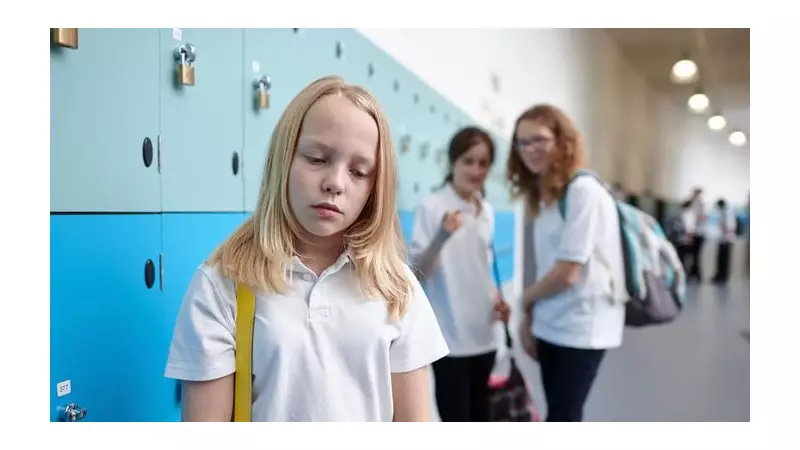
As parents, we often worry about our children being bullied, but what happens when the tables turn and your child might be the one displaying bullying behaviour? Recognising the early signs and taking proactive steps can make all the difference in helping your child develop healthier social skills.
Spotting the Red Flags: Early Warning Signs
Bullying behaviour often manifests through subtle changes that parents can learn to recognise. According to child development experts, these warning signs include:
- Increased aggression towards siblings or family members
- Frequent conflicts with peers that always seem to be "someone else's fault"
- Possession of new items or money without reasonable explanation
- Exclusionary behaviour, such as deliberately leaving others out of games or activities
- Lack of empathy when others are upset or hurt
- Enjoyment of power imbalances in social situations
Understanding the Roots: Why Children Bully
Children rarely become bullies without underlying causes. Common drivers include seeking attention, coping with their own stress or insecurity, mimicking behaviour they've witnessed, or attempting to gain social status among peers. Some children may not even realise the impact of their actions on others.
Practical Steps for Positive Change
If you suspect your child is engaging in bullying behaviour, here are constructive approaches to help them change:
- Open communication: Create a safe, non-judgmental space for discussion rather than confrontation
- Teach empathy: Encourage your child to consider how their actions make others feel
- Set clear boundaries: Establish firm rules about respectful behaviour with consistent consequences
- Positive reinforcement: Acknowledge and praise kind, inclusive behaviour when you see it
- Monitor activities: Stay informed about your child's social interactions both online and offline
- Seek professional support: Don't hesitate to consult teachers, school counsellors, or child psychologists
Building Healthier Relationships
With patience, consistency, and the right support, most children can learn to replace bullying behaviours with positive social skills. The goal isn't just to stop negative behaviour but to help your child develop the empathy, communication skills, and emotional intelligence needed for healthy relationships throughout their life.
Remember that addressing bullying behaviour early not only helps the potential victims but also supports your child's own emotional development and future wellbeing.





